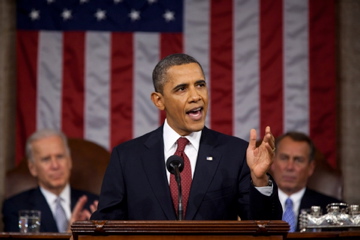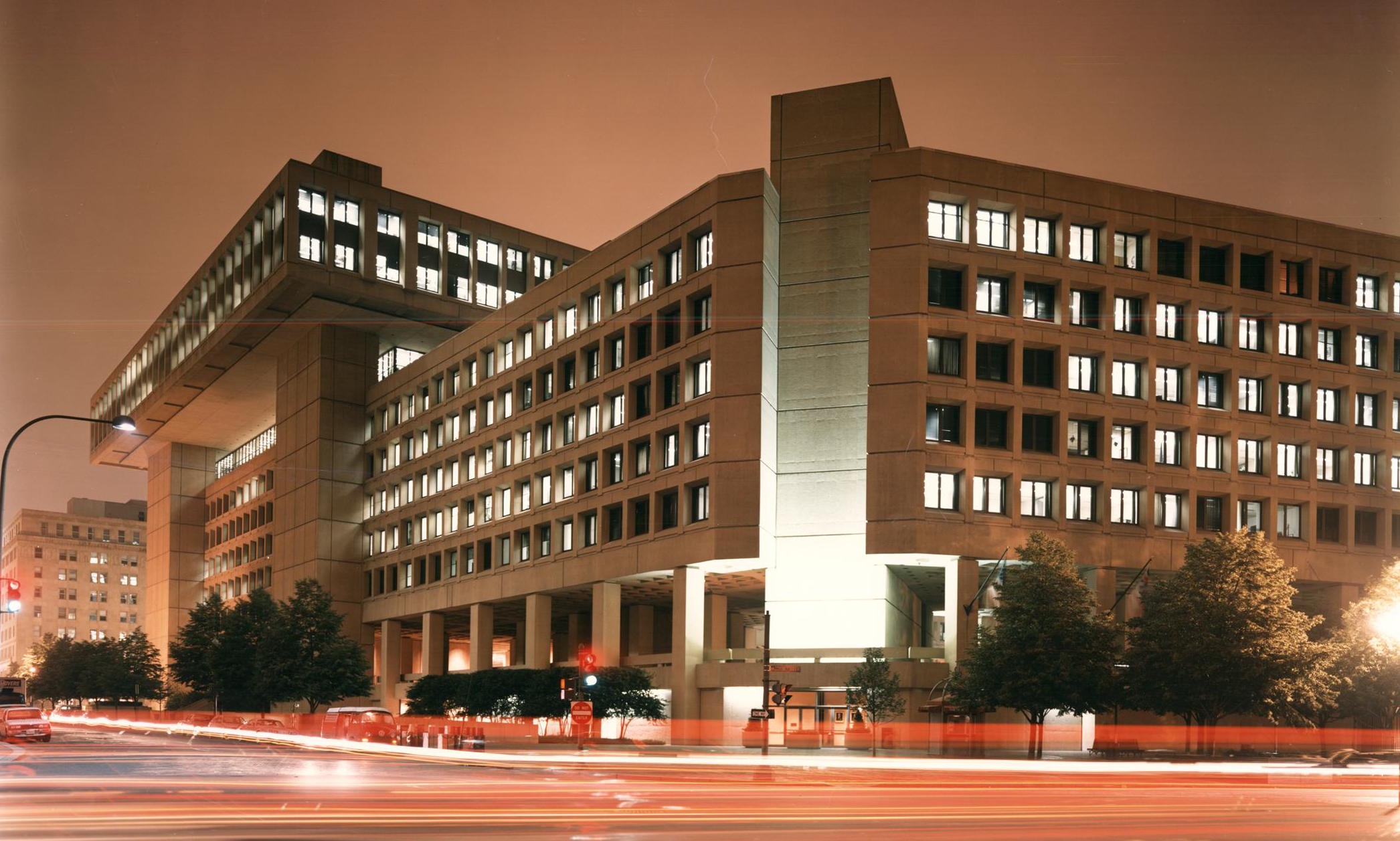 By Alec Karakatsanis
By Alec Karakatsanis
New York Times
Last month, President Obama used his clemency power to reduce the sentences of 46 federal prisoners locked up on drug-related charges. But for the last six years, his administration has worked repeatedly behind the scenes to ensure that tens of thousands of poor people — disproportionately minorities — languish in federal prison on sentences declared by the courts, and even the president himself, to be illegal and unjustifiable.
The case of Ezell Gilbert is emblematic of this injustice. In March 1997, he was sentenced to 24 years and four months in federal prison for possession with the intent to distribute more than 50 grams of crack cocaine. Because of mandatory sentencing laws, Mr. Gilbert was automatically sentenced to a quarter-century in prison, though even the judge who sentenced him admitted that this was too harsh.
At his sentencing, Mr. Gilbert noted a legal error that improperly increased his sentence by approximately a decade based on a misclassification of one of his prior offenses. In 1999, without a lawyer, he filed a petition seeking his release. A court ruled against him.
Nearly 10 years later, the Supreme Court issued aruling in another prisoner’s case, confirming that Mr. Gilbert had been right. A public defender helped him file a new petition for immediate release in light of this new decision.
Mr. Obama’s Justice Department, however, convinced a Florida federal judge that even if Mr. Gilbert’s sentence was illegal, he had to remain in prison because prisoners should not be able to petition more than once for release. The “finality” of criminal cases was too important, the department argued, to allow prisoners more than one petition, even if a previous one was wrongly denied.





